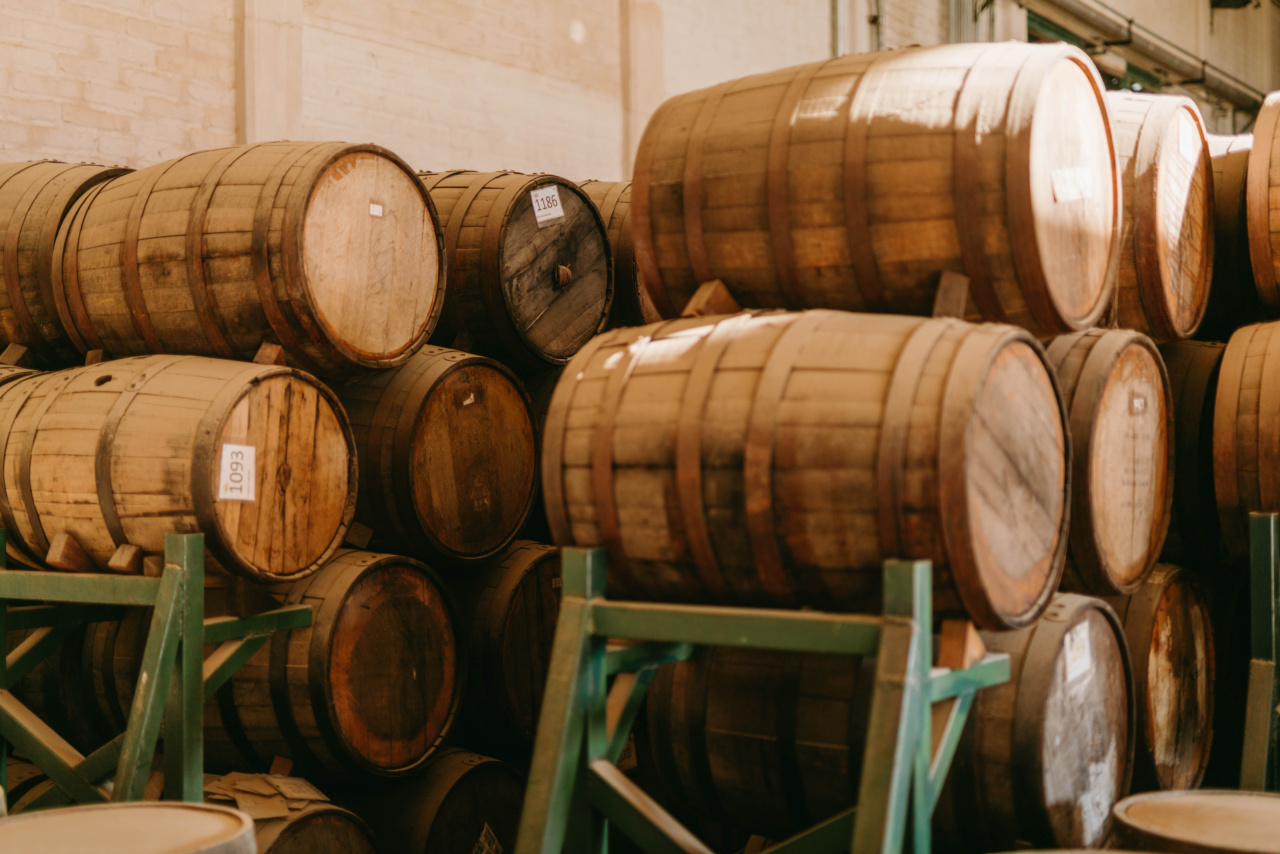Alcohol has been consumed for centuries and is deeply ingrained in many cultures around the world.
While moderate alcohol consumption has been linked to certain health benefits, excessive drinking can have detrimental effects on multiple aspects of our health, including accelerated aging. This article aims to explore the impact of alcohol on aging and shed light on how much aging alcohol can actually cause.
The Science of Aging
Aging is a complex biological process that affects all living organisms. It is influenced by various intrinsic and extrinsic factors, including genetics, lifestyle choices, and environmental exposures.
At a cellular level, aging is characterized by a gradual decline in the body’s ability to repair and regenerate its tissues, leading to the functional and structural changes associated with growing older.
Alcohol and Aging
Excessive alcohol consumption can accelerate the aging process and contribute to the development of age-related diseases. The damaging effects of alcohol on aging are attributed to several mechanisms:.
1. Oxidative Stress
Alcohol metabolism leads to the generation of harmful reactive molecules called free radicals. These free radicals can cause oxidative damage to cells, including DNA, proteins, and lipids.
Over time, accumulated oxidative stress can contribute to cellular dysfunction and accelerate aging processes.
2. Inflammation
Alcohol triggers an inflammatory response in the body, characterized by the release of inflammatory substances called cytokines. Chronic inflammation is associated with numerous health conditions, including accelerated aging.
Alcohol-induced inflammation can further promote the production of free radicals, amplifying oxidative stress and accelerating the aging process.
3. Dehydration
Alcohol is a diuretic, causing increased urine production and subsequent dehydration. Chronic dehydration can lead to dry and wrinkled skin, which are visible signs of aging.
Moreover, dehydration can also affect the body’s organs and overall health, contributing to premature aging.
4. Nutritional Deficiencies
Excessive alcohol consumption can interfere with the body’s ability to absorb and utilize essential nutrients.
Alcohol can disrupt the digestion and absorption of vitamins, minerals, and antioxidants that play a key role in maintaining optimal cellular function and slowing down the aging process. Nutritional deficiencies resulting from alcohol abuse can accelerate the aging of various organs and tissues.
The Role of Genetics
It is important to note that the impact of alcohol on aging can vary among individuals due to genetic factors.
Certain genetic variations affect the way alcohol is metabolized in the body, making some individuals more susceptible to the detrimental effects of alcohol on aging. Additionally, genetic predispositions to age-related diseases, such as liver disease and cardiovascular disorders, can be exacerbated by alcohol consumption.
Alcohol and Skin Aging
The skin is one of the most visible indicators of aging. Alcohol can significantly impact the health and appearance of the skin, contributing to premature aging. Some effects of alcohol on the skin include:.
1. Wrinkles and Fine Lines
Excessive alcohol consumption can lead to the breakdown of collagen and elastin fibers, which are essential for maintaining skin elasticity and smoothness.
Collagen depletion can result in the formation of wrinkles and fine lines, making the skin appear aged and worn.
2. Dryness and Dehydration
Alcohol’s diuretic properties deplete the body of essential moisture and promote dehydration. Dry skin is more prone to wrinkles and lacks the healthy glow associated with youthful skin.
Furthermore, alcohol can impair the skin’s natural barrier function, making it more susceptible to external damage and moisture loss.
3. Inflammation and Redness
Alcohol-induced inflammation can lead to facial redness, flushing, and the appearance of broken blood vessels (telangiectasia). Chronic inflammation can also exacerbate skin conditions such as acne and rosacea, further accelerating the aging process.
Alcohol and Longevity
The pursuit of longevity has long been a fascination for humanity. While some studies have suggested potential health benefits associated with moderate alcohol consumption, it is essential to consider the overall impact on aging and longevity.
The harmful effects of excessive alcohol consumption outweigh any potential benefits, making moderation and mindful drinking essential to promote a healthy aging process.
Conclusion
Alcohol can contribute to accelerated aging through various mechanisms, including oxidative stress, inflammation, dehydration, and nutritional deficiencies.
The impact of alcohol on aging is influenced by genetic factors and can manifest in different ways, such as skin aging and increased susceptibility to age-related diseases. While moderate alcohol consumption may not significantly contribute to aging, excessive drinking can have detrimental effects on overall health and well-being.
To promote healthy aging, it is crucial to be mindful of alcohol consumption and prioritize moderation.



























